It feels like every weekend now, there’s another huge talking point coming out of the Premier League, and it’s not always about the football. More and more, it’s about the referees. The officials are under a microscope, and frankly, the view isn’t great. A couple of recent, pretty controversial VAR decisions—one that chalked off a goal for Crystal Palace and another for Fulham, both in matches against Chelsea—have kicked off yet another round of intense debate about where the game is headed.
It’s gotten to the point where even the experts are weighing in with some serious criticism. Mark Clattenburg, a former Premier League referee who’s seen it all from the middle of the pitch, has shared his thoughts. And his main point is a simple one: referees might need better training, and maybe they’re starting to lean on VAR as a crutch, instead of trusting their own instincts.
When the Experts Are Just as Confused as We Are
The whole situation has highlighted a real disconnect. Alan Shearer, never one to stay quiet, recently vented his frustrations on a podcast. His main beef was with the phrase we heard so much when VAR was introduced: “clear and obvious error.” He basically asked, what ever happened to that idea? It feels like now, VAR officials are nitpicking every tiny detail, effectively re-refereeing the game from a booth. Shearer didn’t hold back, calling the current application “bulls***.” Strong language, but you can see his point.
Also read: Think Twice Before Going Blonde: Why Kate Middleton’s New Look Misses the Mark
Clattenburg, interestingly, agreed with a lot of this. He pointed to that disallowed Fulham goal as a perfect example of VAR overstepping. But he took it a step further by questioning the head of the referees, Howard Webb, and his habit of publicly apologizing to clubs for mistakes. Clattenburg thinks that’s a dangerous precedent to set. It’s a fair question—where do you draw the line? Which mistakes are big enough to warrant an apology, and which aren’t? It just leads to more inconsistency and frustration.
A Potential Path Forward: Less Tech, More Trust?
So, what’s the solution? Clattenburg has a few ideas, and they’re less about technology and more about people. He suggests that Webb’s experience managing referees in America’s MLS might not be a perfect fit for the unique pressures of the Premier League. The real need, in his view, isn’t more apologies or more technology; it’s more coaching. Better, consistent training for both the referees on the field and the officials watching the screens could build the confidence needed to make firmer decisions in the first place.
Also read: What u dont know – Big Changes Are Coming To SNL Season 51
The core of the problem might be a loss of authority. Clattenburg believes the standard of actual officiating has declined, with referees now second-guessing themselves because they know VAR is there as a backstop. It’s a classic case of a tool changing the behavior of the user, and not always for the better. The original promise of VAR was “minimum interference, maximum benefit.” Most fans would probably agree that right now, it’s causing maximum interference and, in many cases, minimum benefit.
With these controversies popping up just a few weeks into the new season, it’s clear something has to give. Restoring faith in the system is crucial, and it might start with going back to the basics: training referees to trust their eyes and manage the game, not just manage the technology.





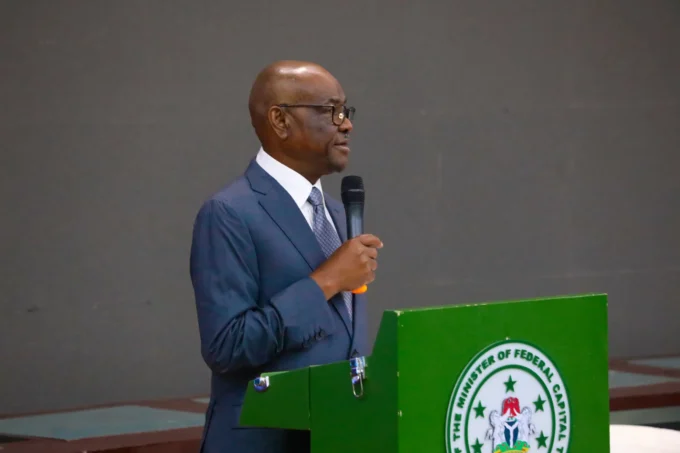

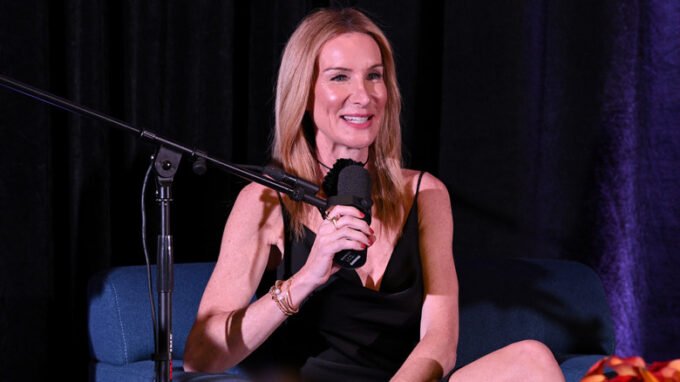
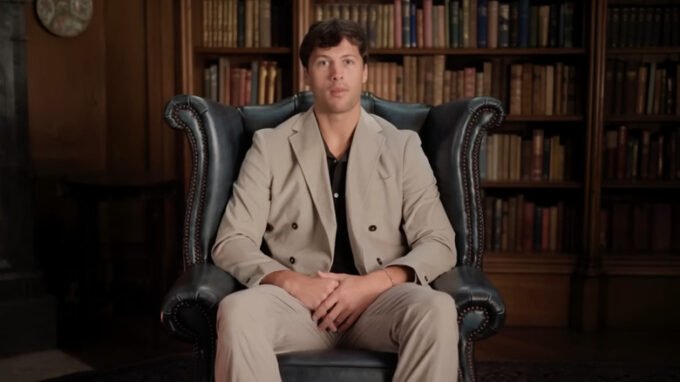
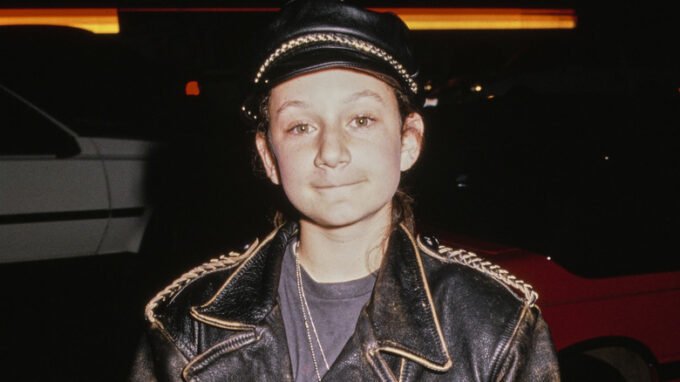
















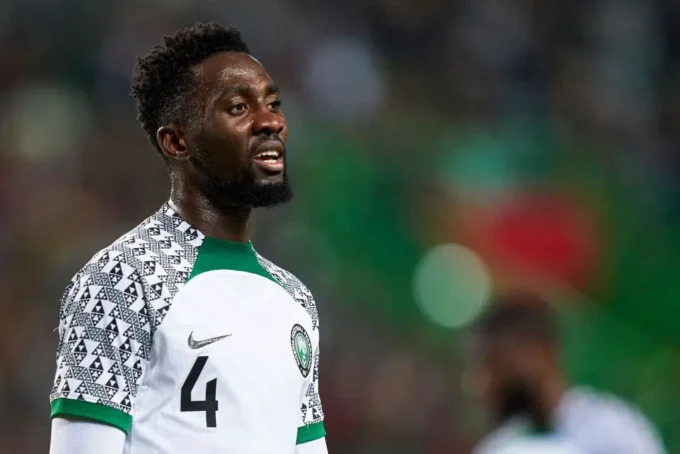
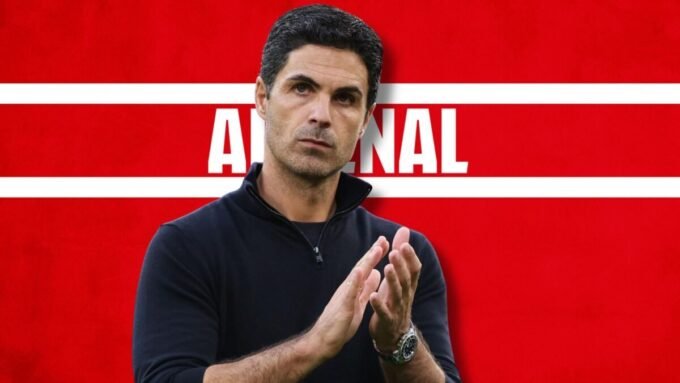
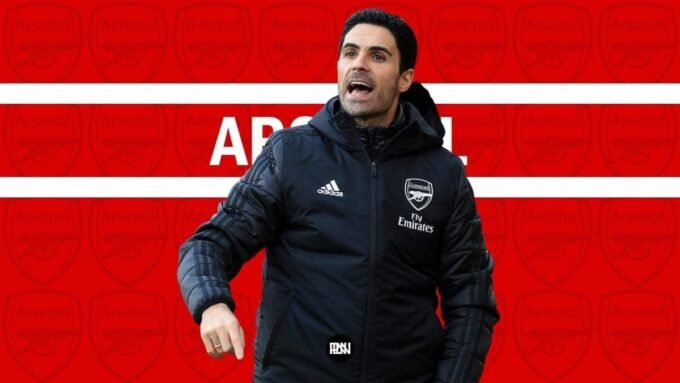
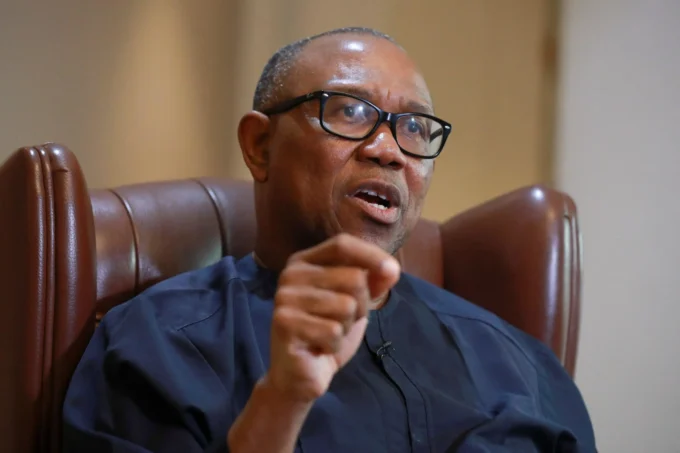











Leave a comment